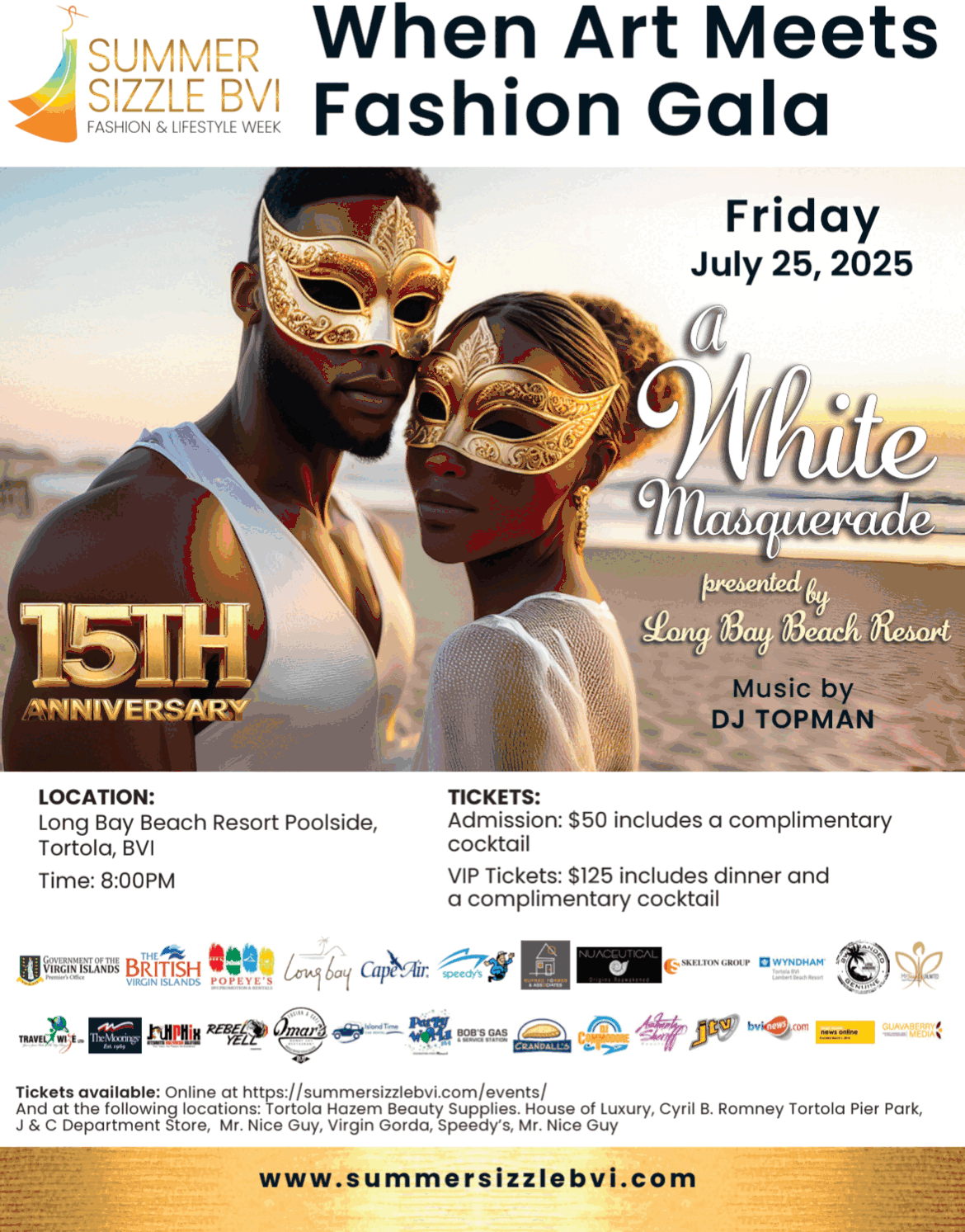Culture & race
Globalisation and the one world order have been supplanted by a resurgent western nationalism. This is a new beast based upon cultural power, not race.
OK. Culture directs power and wealth, more than the other way around. This has been the lesson of history. Culture determines a country’s politics and way of life. Culture is the national DNA of a country: a country’s software.
An appropriate analogy: royalty and social class are historic antecedents that are integral to Britain’s way of life. The system of social class springs from Britain’s monarchial and feudal history. Social class division is a core feature of British culture.
History and culture are twins. Culture is history in living form. Culture is complex. Culture is further impacted by religion, ethnicity, geography, and economy. Culture involves human behaviour, and the values and norms that drive community and society. Culture is born out of the antecedents of history.
However, power impacts culture. The economic and social power of stronger countries impacts the cultures of the weaker. The rich and powerful have a greater influence on a national culture than the poor. That is the reason western civilisation appears ubiquitous.
A national culture reflects the values sets of the ruling classes. However, there are cultural subsets in a country, such as a working class culture, and the cultures of diverse minorities. These will all impact a national culture.
The power to impact a culture can come from within a society, or from without. For example, the indigenous culture of the [British] Virgin Islands (VI) was formed in the crucible of slavery, colonialism, and Caribbean nationalism. The preceding were internal factors that occurred within the culture.
Today that culture is increasingly being impacted by the USA, through US media: external factors. Ties between the Virgin Islands and the USA are based upon geography, familial ties, and economics. The preceding factors have impacted the culture of the VI. Aspects of US culture have impacted the VI negatively, by eroding the indigenous culture.
Alien cultures can be both positive and negative. Migration has the power to diminish an indigenous culture and leave that culture open to nefarious influences. The rise in crime in the Virgin Islands is linked with migration and the resultant breakdown in the local culture. However, alien cultures can also enrich a national culture and inject a diversity and variety that is a boon to the national way of life.
Now, very recently, Sandeep and Reena Mander, a UK Sikh couple, were denied the opportunity to adopt a white child. There was no reason given for the refusal to allow the couple to adopt. Both are model citizens from a minority culture. It was suggested; however, in the subtle way the Brits handle matters, that adopters should “reflect the child’s culture, religion, and heritage.”
Kenan Malik, writing in the UK Guardian of July 2, 2017, stated that “European Culture differed from the cultures of Indians, blacks, Chinese and others.” Consequently, when it came to matters such as adoption, it was important not to undermine the sense of identity, and create confusion about a white child’s culture.
However, there is an anomaly. It is considered fine for a white family to adopt a black child: not the other way round. The power and wealth of the dominant cultural group plays a vital part in adoption.
Malik; however, wrote of giving the black child a “positive black identity.” Black children too, needed to be adopted by black families, to strengthen their self esteem he impugned in his story.
Now, racism, nationalism, and culture are intertwined.
In the early to mid 20th Century, and into the 1980s, western society was deeply racist. Racism developed from antecedents of racial and colonial history, especially slavery.
Humanity was divided into discrete groups. These groups possessed unique characteristics, even features. Minorities in the west: Blacks, Asians, Arabs, Indians and more, all possessed unique characteristics. Blacks in the UK for example were stereotyped as being physical and musical. Hence the black impact on music and sport.
Whites possessed a higher IQ. And these notions fed into the social, and the division of wealth and power metrics, that kept blacks at the bottom of the social pyramid. The stereotypes were eventually eroded when blacks excelled in “white” sports such as golf, tennis, swimming, and gymnastics.
In the early 1900s, blacks fought side by side with whites in two world wars. Before and after nationalism and independence, blacks entered the ancient universities and became scholars, academics, and professionals. The preceding helped to change racial stereotypes.
Malik asserts that racism has been transcended by culture. It was never biology that established the dividing mark between the races in the first place sociologists argue. It was culture. The way racial groups behaved, not their physical composition, determined the group dynamic. There is no biological evidence that whites are any “brighter” than blacks. However, culture and social behaviour clearly impact social and wealth outcomes of ethnic and racial groups.
Malik stated in his story that culture meant that minority groups in the USA and UK: African Americans, Muslims, Latinos, possessed distinct qualities. They possessed unique identities. They thought in different ways. They behaved in specific ways. Culture ruled the relationships between the races. This is valid.
Issues of migration are no longer issues of race. Migration is a matter of culture. Racial differences have been overtaken by cultural differences in issues of migration. Culture has both positive and negative connotations today. Culture is a tool that can build cohesion and transform society. However, culture can also be used as a protective wall to shield its possessors, and ostracise those outside of the culture.
In the UK of the 1950s and 60s, race was used to stem migration from “the black invasion” and the “yellow peril.”
Today, in Europe, and the US, certain cultures, especially those of the Moslem Levant, are the new “peril” for right wing types and their working class followers: the Trump phenomenon, and Brexit. In the US, Latinos have been put under pressure by the xenophobia of working class whites.
The deciding factor today in terms of determining the differences between nationalities, ethnicities, and races is culture.
Culture and values are the new measure of how different groups respond to each other. Culture and not skin color defines ethnicity and nationality. However, races and ethnicities possess specific cultural models: a paradox.
Adopting the host culture is the entry for “outsiders into a country’s inner workings,” not physical type. Unlike race, culture is a choice. Anyone can belong to a culture. Not anyone can belong to a race. Black is black, and white is white, afterall.
Connect with Dickson Igwe on Twitter and Facebook.






.jpg)

.jpg)









1.png)
.png)





















8 Responses to “Culture & race”
For the white poor and working classes, however, racism is a culture. Mainly because that is all they have to make themselves feel worthwhile. But the platform (government support) for this racism has been eroding for the last 70 years.
Trump recognized the trend, and played the white working class voters on this. But now that he is in, Trump's policies are based more on cultural differences (Latino and Muslim) than on racial differences. You can also see clear policies designed to favor large corporations that base all their decisions on profits.
.